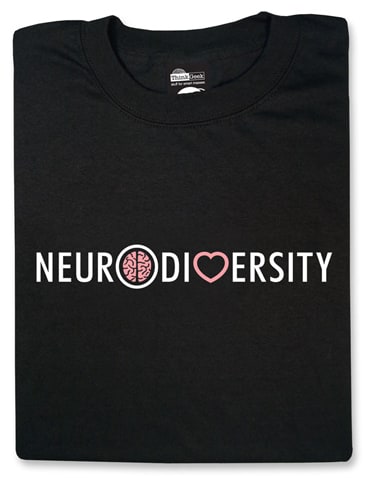Verdandi
Veteran

Joined: 7 Dec 2010
Age: 54
Gender: Female
Posts: 12,275
Location: University of California Sunnydale (fictional location - Real location Olympia, WA)
Verdandi
Veteran

Joined: 7 Dec 2010
Age: 54
Gender: Female
Posts: 12,275
Location: University of California Sunnydale (fictional location - Real location Olympia, WA)
neilson_wheels
Veteran

Joined: 11 Mar 2013
Age: 54
Gender: Male
Posts: 2,404
Location: London, Capital of the Un-United Kingdom








